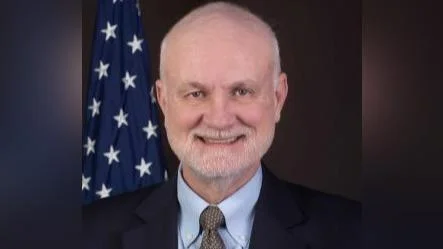The term "holiday" has a long history, tracing back to an Old English word recorded in 950 AD as "haligdaeg," meaning "holy day." By 1460 AD, it evolved into the modern spelling of "holiday," and during the Middle English period, it came to signify a day when commoners were exempt from labor.
Pastor Cleddie Keith reflects on encountering Christmas decorations at Cracker Barrel without hearing traditional holiday songs like "Silent Night" or "Joy to the World." Despite this, he felt uplifted by the thought that it is indeed "the most wonderful time of the year." He expressed his love for holiday music, which he enjoys from Thanksgiving through Christmas.
Pastor Keith highlights how the name of Jesus resonates globally during this season. He references evangelist T.L. Osbourne's use of this time for his crusades, quoting Osbourne: "The name of Jesus is being herald around the earth and I am going to tell them who he is."
He also draws attention to Charles Dickens' character Ebenezer Scrooge from "A Christmas Carol," noting that Dickens reportedly wrote the story while walking around London one night in the early 1840s. Pastor Keith suggests that Dickens had a playful intent with Scrooge's name, which means to rescue or save.
In Dickens' narrative, Scrooge undergoes a transformation from selfishness epitomized by his love of money to benevolence after realizing his shortcomings. Tiny Tim serves as a symbol of hope and change within society. Pastor Keith emphasizes that hearts can change across all social classes through the Holy Spirit and encourages people to embrace Christ's joy during this holy holiday season.
Pastor Cleddie Keith concludes with an invitation: "Join us this Holy Holiday season and be a part of all that Christ joy is for us." He reassures with a rhetorical question about lasting blessings: "Will the blessings last? The Blesser Will."
 Alerts Sign-up
Alerts Sign-up





